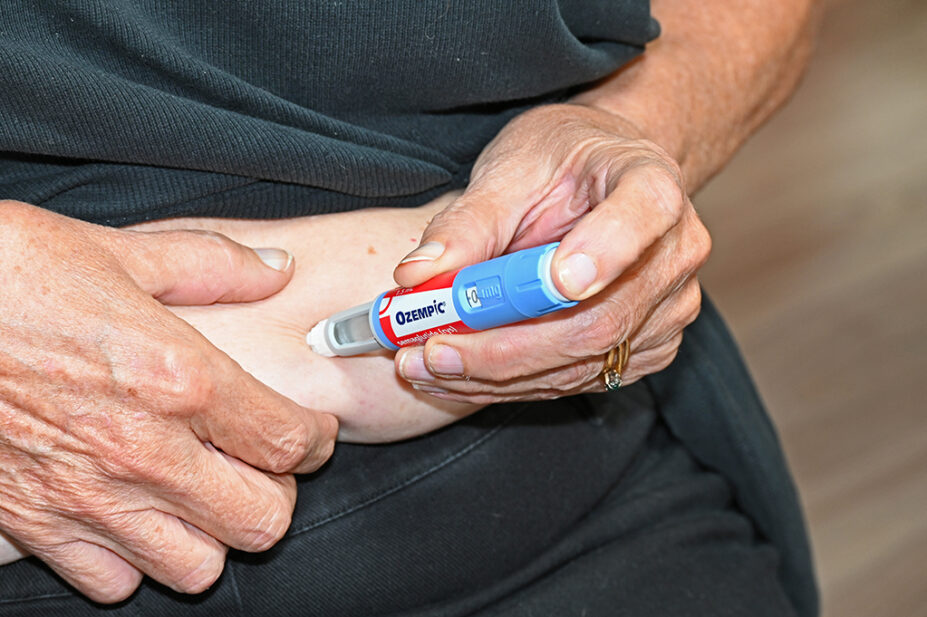
Shutterstock.com
The Department of Health and Social Care (DHSC) has warned that the shortage of glucagon-like peptide-1 receptor agonists (GLP-1 RAs) will continue, with supply not expected to return to normal until at least the end of 2024.
Products affected by shortages include: Byetta (xenatide; AstraZeneca) 5 micrograms/0.02mL and 10 micrograms/0.04mL solution for injection 1.2mL pre-filled pens; Ozempic (semaglutide; Novo Nordisk) 0.25mg, 0.5mg and 1.0mg solution for injection in pre-filled pens; Saxenda (liraglutide; Novo Nordisk) 6.0mg/mL solution for injection in pre-filled pens; and Victoza (liraglutide; Novo Nordisk) 6mg/mL solution for injection in pre-filled pens.
The DHSC issued a national patient safety alert for GLP-1 RAs on 2 January 2024, which stated that the shortage resulted from increased demand for both licensed and off-label indications.
In the alert, the government notified clinicians that Rybelsus (semaglutide; Novo Nordisk) oral tablets are now available in sufficient quantities to support initiation of GLP-1 RA treatment in type 2 diabetes mellitus (T2DM) and can be prescribed in line with National Institute for Health and Care Excellence (NICE) guidance.
The DHSC further advised prescribers to switch patients on Byetta and Victoza to Rybelsus tablets with appropriate patient counselling on any changes in drug, formulation and dose regimen.
The national shortage of GLP-1 RAs was first announced by the DHSC in June 2023. At the time, prescribers were warned to only use the drugs for their licensed indication and to avoid initiating GLP-1 RAs for T2DM patients during the shortage.
This was followed by a national patient safety alert in July 2023, which advised providers to proactively identify all patients established on treatment with GLP-1 RAs to discuss stopping treatment if they had not achieved targets set out in NICE guidance.
GLP-1 RAs are used for managing blood glucose levels in people with T2DM but have gained popularity for their use in weight loss. In March 2023, NICE recommended use of semaglutide injections for weight management.
The Medicines and Healthcare products Regulatory Agency then approved the use of tirzepatide for the same purpose in November 2023.
NICE is currently developing a guideline for oral semaglutide in weight management and obesity. The expected publication date for the guideline is yet to be determined.
Commenting on the patient safety alert, Douglas Twenefour, head of care at Diabetes UK, said: “The ongoing shortages of GLP-1 medications are having serious implications for many people with T2DM and are still a major concern.
“We are very concerned that it is now recognised these shortages are likely to continue for at least the rest of this year.
“However, we welcome the government’s new direction to prescribers that there is now sufficient stock of Rybelsus to allow new initiation of this medication and hope that many people with T2DM who could benefit will now be able to be initiated onto a GLP-1 for the first time.
“We fully support the instruction that GLP-1 medications should not be prescribed off-label under any circumstances while there is an ongoing shortage impacting people with T2DM.”


